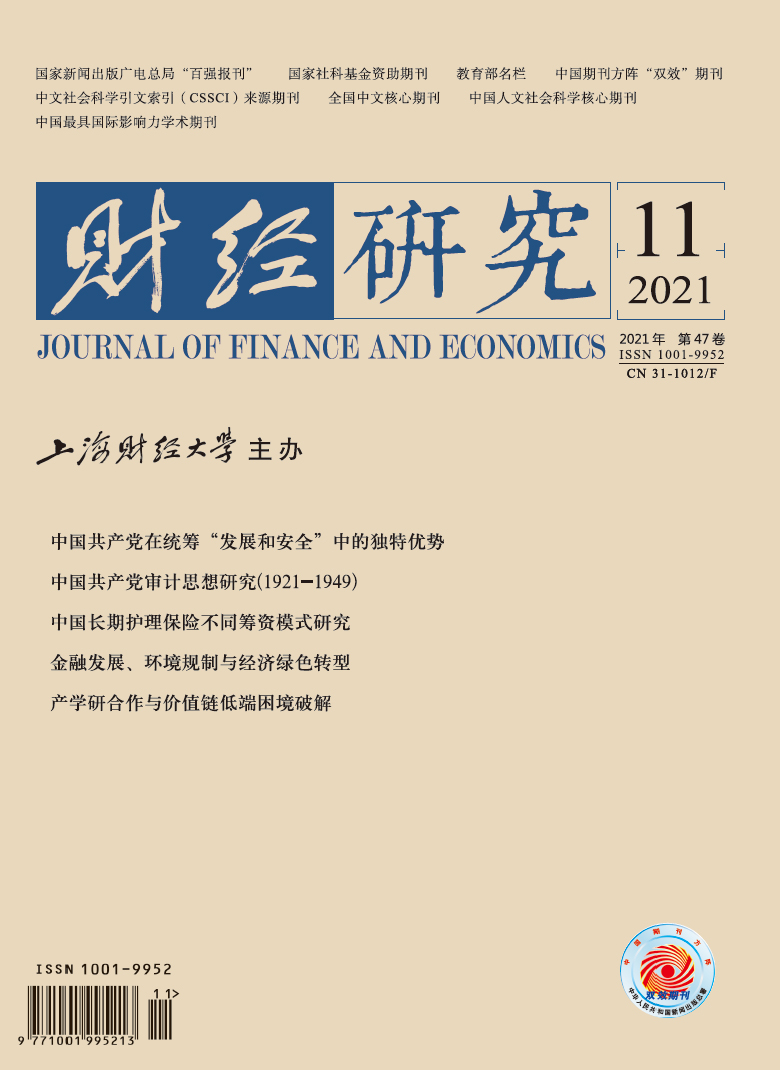Since its birth, the Communist Party of China (CPC) has attached great importance to the construction of audit system and actively explored the audit thoughts. However, at present, the study on audit during the New Democratic Revolution period is relatively weak in academic research. The existing achievements mainly focus on the historical description of the audit and supervision system of the CPC, and there is a lack of systematic and theoretical summary from the perspective of ideological history. According to the needs of financial and economic development and serving the war, the CPC’s audit thoughts experienced a historical evolution process of birth, initial formation, and development from 1921 to 1949. This process includes the evolution of the CPC’s understanding from the essence and importance of audit to the independence and authority of audit, and then to the diversification of audit functions, reflecting the understanding track of going from shallow to deep. Based on describing the historical evolution of the CPC’s audit thoughts, this paper explores the theoretical sources of the CPC’s audit thoughts and summarizes the theoretical innovation. The results show that there are three main factors of the CPC’s audit thoughts: The first is the Marxist theory of state, finance and supervision; the second is the Chinese traditional state audit thoughts; and the third is the Western audit methods and theories. The CPC’s audit thoughts are the integration and theoretical innovation of the above three aspects, including a series of ideas about audit essence, audit functions and audit objectives, which shows the important contribution of the CPC in continuously promoting the Sinicization of Marxism, inheriting and carrying forward Chinese traditional audit thoughts, critically learning from Western audit thoughts and so on. The possible research contributions of this paper include the following two aspects: First, it systematically combs and summarizes the historical evolution of the CPC’s audit thoughts from 1921 to 1949, reflects the CPC’s active exploration of audit thoughts and the historical logic of the evolution of audit thoughts under the conditions of war, and summarizes and refines the theoretical sources and innovative factors of the CPC’s audit thoughts, which provides the basis for constructing the national audit theory of socialism with Chinese characteristics in theory and practice. Second, it has important enlightenment significance for telling the audit history of the CPC, spreading the audit thoughts of the CPC, learning and summarizing the history of the CPC, and adhering to and improving the national audit system of socialism with Chinese characteristics.
 / Journals / Journal of Finance and Economics
/ Journals / Journal of Finance and EconomicsJournal of Finance and Economics
LiuYuanchun, Editor-in-Chief
ZhengChunrong, Vice Executive Editor-in-Chief
YaoLan BaoXiaohua HuangJun, Vice Editor-in-Chief
Research on Audit Thoughts of the Communist Party of China from 1921 to 1949
Journal of Finance and Economics Vol. 47, Issue 11, pp. 20 - 33 (2021) DOI:10.16538/j.cnki.jfe.20210917.202
Summary
References
Summary
Cite this article
Zhang Xiaoling. Research on Audit Thoughts of the Communist Party of China from 1921 to 1949[J]. Journal of Finance and Economics, 2021, 47(11): 20-33.
Export Citations as:
For
ISSUE COVER
RELATED ARTICLES




 6156
6156  5278
5278

